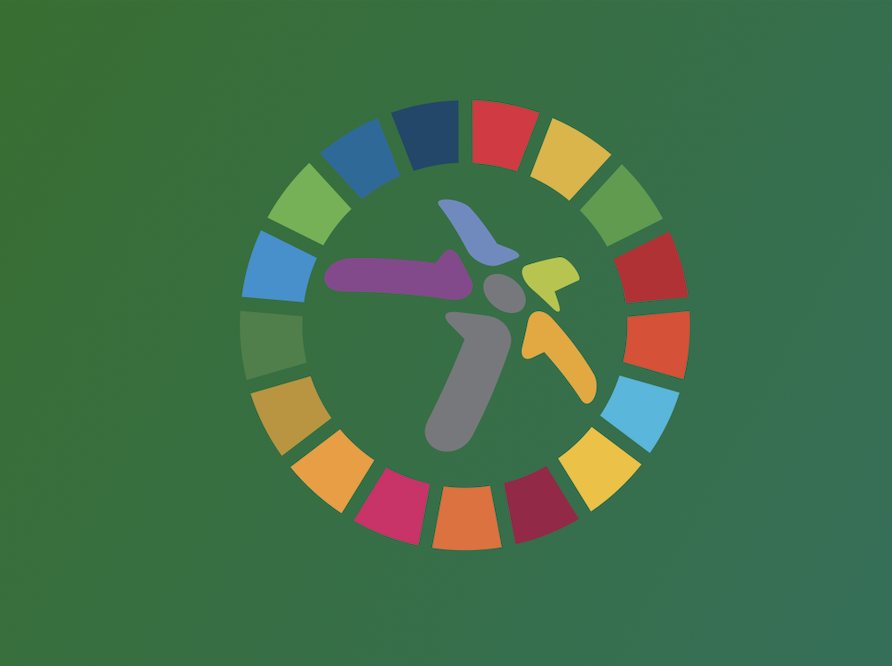WSIS+20 Stakeholder Consultations: Women At The Table’s Input

What’s Next for the World Summit on the Information Society?
As we approach the WSIS+20 milestone, the United Nations is reviewing two decades of digital development. The review—culminating at the UN General Assembly in December 2025—will shape the future of global digital cooperation. In preparation, the UN is drafting a new vision, and invited public input.
Here’s what Women at the Table had to say.
- What are the most important achievements arising from WSIS that should be highlighted in the Zero Draft?
→ WSIS established a global digital cooperation framework, expanding ICT development beyond infrastructure to include ethical and inclusive dimensions. It institutionalized multistakeholder governance and recognized gender digital divides, with progress on data frameworks and SDG alignment. Yet, these gains remain incomplete from a gender lens, with digital transformation often reproducing structural inequality.
- What are the most important challenges to the achievement of WSIS outcomes to date and in the future that need to be addressed in the Zero Draft?
→ Persistent gender digital divides in access, skills, safety, and leadership remain, compounded by intersectional barriers. Gender commitments lack accountability. AI and algorithms embed bias; governance lags behind innovation. TfGBV escalates without adequate protections. Women’s participation remains tokenistic. Financial support for gender-responsive innovation is insufficient.
- What are the most important priorities for action to achieve the WSIS vision of a ‘people-centred, inclusive and development-oriented Information Society’ in the future, taking into account emerging trends?
→ Create a dedicated Gender Action Line. Mandate gender impact assessments across all digital initiatives. Ensure gender parity in governance bodies. Support feminist approaches to AI, privacy, and safety. Fund community-led digital innovation by marginalized women. Integrate gender analysis across all Action Lines with measurable targets.
- What additional themes/issues, if any, should be included in the Elements Paper?
→ Address algorithmic discrimination and the climate-digital nexus from a gender perspective. Add frameworks for technology-facilitated gender-based violence (TfGBV), gendered impacts of digital labor platforms, and digital sovereignty. Highlight community connectivity and feminist digital governance as viable alternatives to market-based failures.
- Do you wish to comment on particular themes/issues/paragraphs in the Elements Paper?
→ Yes. Gender appears marginal. A standalone section on gender digital equality is essential. Gender must not be siloed—it must be structurally mainstreamed across governance, infrastructure, cybersecurity, AI, data, and innovation. Commitments must go beyond language to enforceable mechanisms, budgets, and indicators.
- What suggestions do you have to support the development of the WSIS framework (WSIS Action Lines, IGF, WSIS Forum, UNGIS etc.)?
→ Establish Gender Focal Points for each Action Line. Require disaggregated data and gender-responsive budgeting. Create a “gender marker” to track funding. Align WSIS and Global Digital Compact gender goals. Require AI ethics to include gender analysis. Ensure women-led networks influence global policy through dedicated resources.
- Do you have any other comments?
→ Gender equality is central to an inclusive Information Society. WSIS+20 is a historic opportunity to embed structural, not symbolic, reforms. If we fail to institutionalize gender equity now—in AI, infrastructure, and governance—we risk deepening inequality for decades to come. Feminist digital governance must become core, not peripheral.
